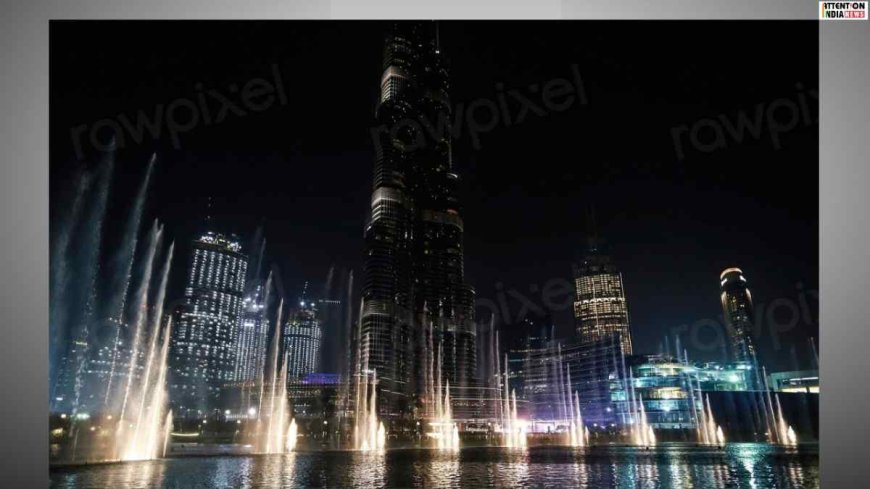Saudi Arabia to lift the ban on alcoholic drinks by 2026; sales to start with strict regulations
Saudi Arabia is expected to revoke its 73-year prohibition on the sale and consumption of alcoholic drinks by 2026.

New Delhi (India) May 26: Saudi Arabia is set to permit the restricted sale and use of alcohol. The change is a part of the nation's preparations for global events, such as the FIFA World Cup 2034 and Expo 2030.
The Vision 2030 of the Saudi Arabian government includes the alcohol policy. This is the national strategy for economic growth in Saudi Arabia. It aims to increase hospitality, entertainment, and tourism. The shift will attract international investment and help generate jobs.
Major hotel companies are already making changes in their plans. Once the regulations are changed, they would expect more foreign tourists.
Alcohol was always prohibited in Saudi Arabia, which followed Sharia law. However, the state-level implementation and official prohibition on the sale and consumption of alcohol were introduced in 1952.
The sales of alcohol will be restricted to specific places. There will be about 600 places throughout Saudi Arabia. The majority of them will be premium hotels, resorts, and tourist-oriented locations. Neom, Sindalah Island, and the Red Sea Project are a few examples.
Wine, cider, and beer can be served in places with permission. Spirits and other stronger alcoholic drinks are still prohibited. Alcohol will not be permitted in residences, businesses or public areas by the government. Making alcohol on their own will also continue to be prohibited.
Alcohol will only be served at places with licenses and qualified workers. Alcohol sales will adhere to strict standards. Drinks with more than 20% alcohol content are still banned.
These rules are made in accordance with the norms and traditions of the nation. Any misuse regarding alcohol regulations will lead to strict penalties by the government.
Saudi Arabia is creating a new chapter in its history by losing its conventional image and adopting a new era of modernity under the leadership of Mohammed bin Salman. It is trying to diversify its economy away from oil money and moving towards tourism.
The nation has already relaxed restrictions on women's rights, allowing them to apply for passports without a male guardian's approval, drive and attend sporting events and concerts with men.
Aadrika Tayal

 Aadrika Tayal
Aadrika Tayal 





